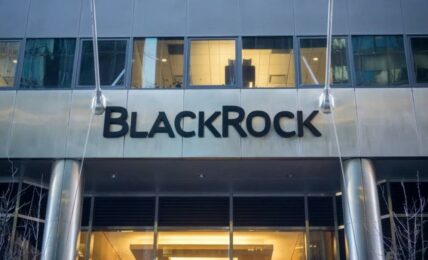Chrysler, Dodge, Jeep, and Citroen parent Stellantis and South Korean battery maker Samsung SDI announced today that they will build a U.S. battery manufacturing gigafactory in the U.S., with the selection of Kokomo, Indiana for the new site.
The new project is anticipated to include an investment of more than $3.2 billion.
The announcement follows the formation of the StarPlus Energy joint venture by Stellantis and Samsung in 2021, to produce battery cells and modules for Stellantis electric vehicles in North America. The new plant will be the second by the joint venture, both located in Kokomo.The total investment for both facilities will be over $6.3 billion and create 2,800 total new jobs.
The new StarPlus Energy plant is expected to begin production in early 2027 with an annual capacity of 34 gigawatt hours (GWh). Construction is already underway on the first StarPlus Energy gigafactory, which is on track to open by the first quarter of 2025 with an annual production capacity of 33 GWh.
Yoon-ho Choi, President and CEO of Samsung SDI said:
“Through construction of the second battery plant of StarPlus Energy, Samsung SDI will be establishing its largest production base for electric vehicle batteries in North America.“
As part of its Dare Forward 2030 strategic plan, Stellantis announced plans of reaching a 100% passenger car battery electric vehicle (BEV) sales mix in Europe and 50% passenger car and light-duty truck BEV sales mix in the United States by 2030. To achieve these sales targets, the company is securing approximately 400 GWh of battery capacity. Stellantis says it is on track to become a carbon net zero corporation by 2038, all scopes included, with single-digit percentage compensation of remaining emissions.
Mark Stewart, Chief Operating Officer Stellantis North America said:
“Our battery ecosystem is the foundation of our electrification strategy and our great partners Samsung SDI, the State of Indiana, and the City of Kokomo have created a compelling case for locating our sixth gigafactory in Kokomo.”



